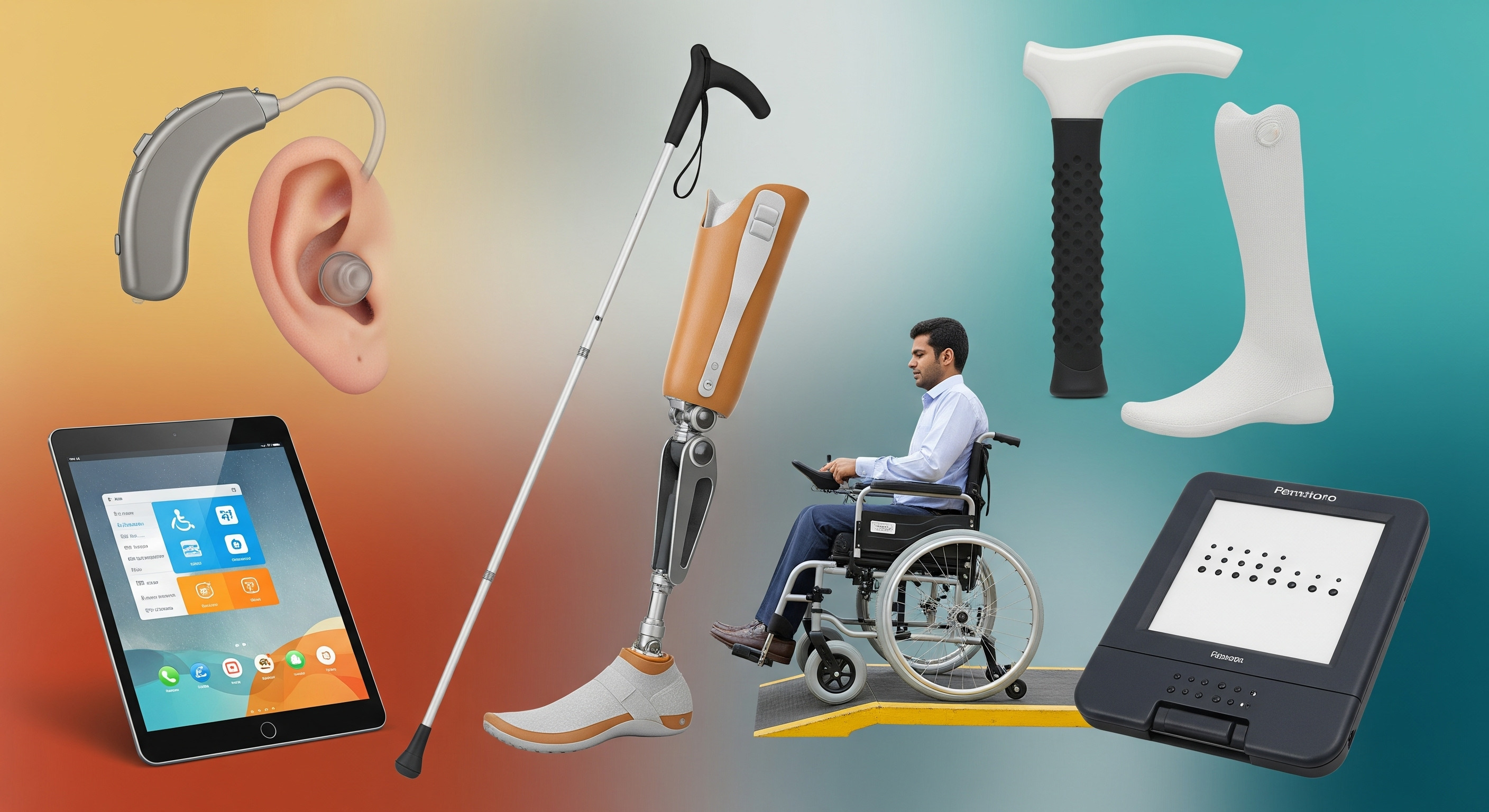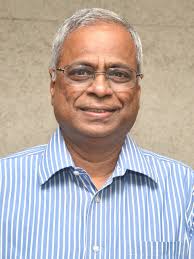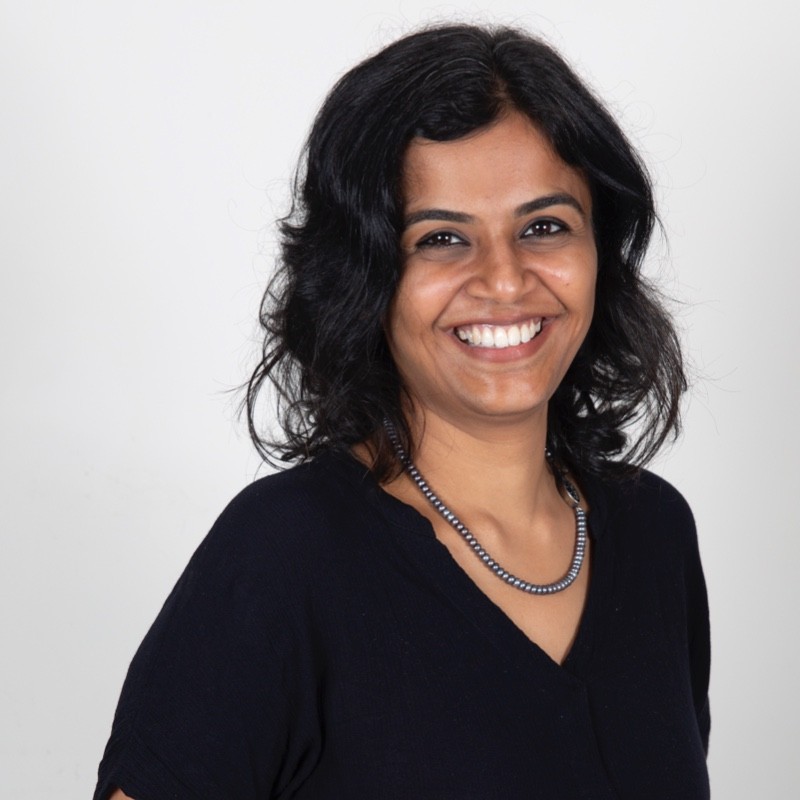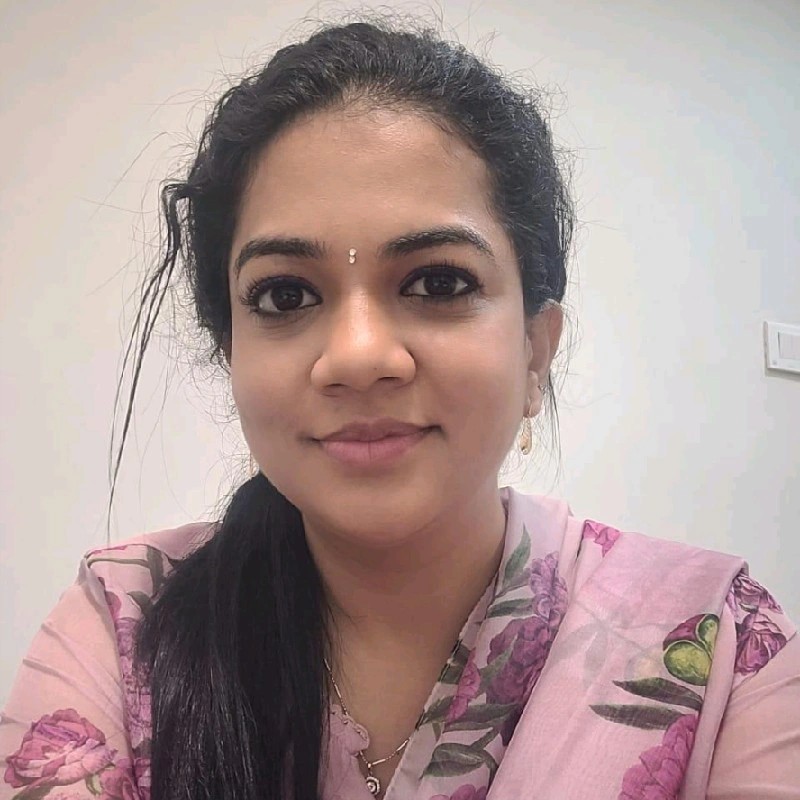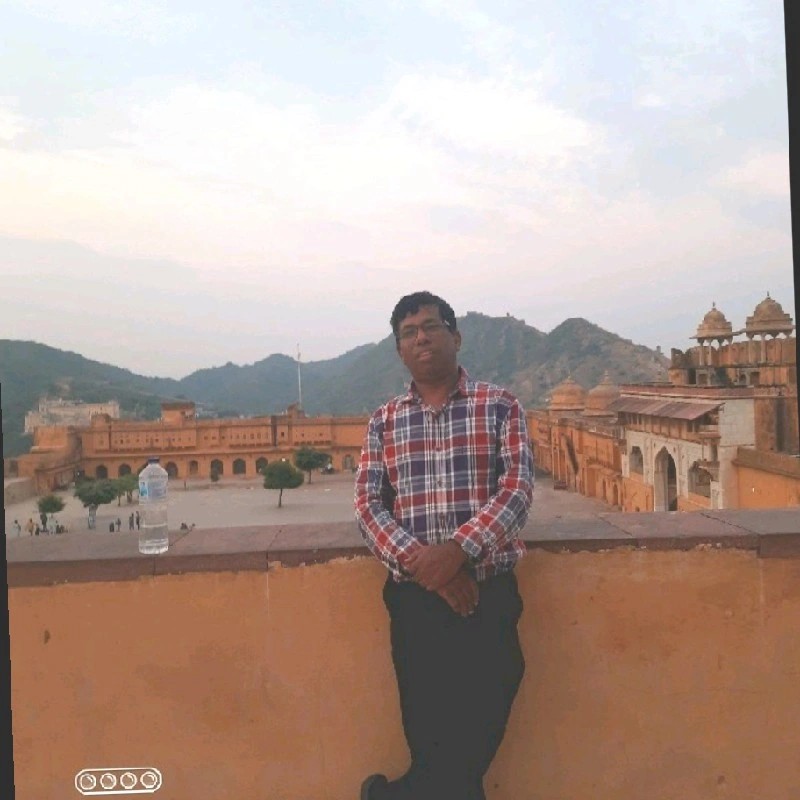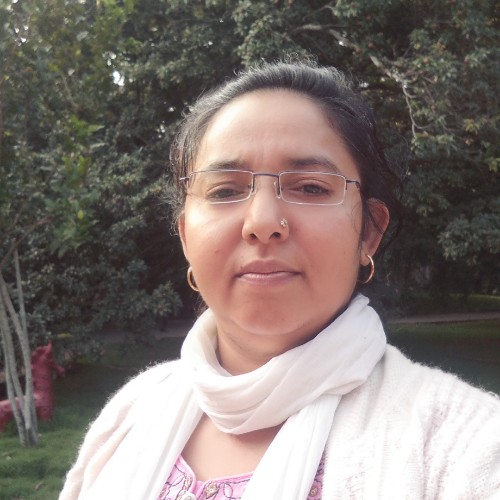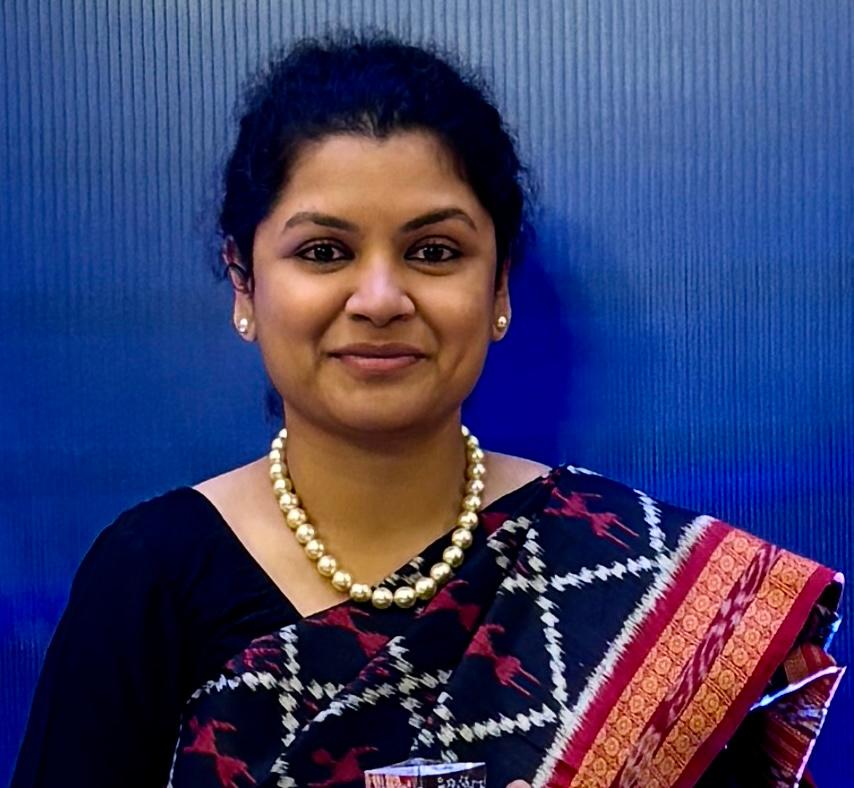The significant problem of availability and affordability
India, being the most populated country in the world, has a large number of people living with disabilities across all age groups. This often leaves them behind in many ways. Thankfully, we live in a time, where technology is steadily evolving to support both the disabled and the ageing population. Assistive technologies are helping people manage their challenges and lead independent, fulfilling lives.
Most of these technological advancements, however, have taken place in developed countries, where incomes are higher and affordability is less of an issue. The real challenge lies in making these solutions both available and affordable in India. Many of the latest innovations are not yet accessible here, and even when they are, the cost puts them out of reach for most people. This continues to be a major hurdle.
Affordable access for an inclusive future
India has a large pool of engineering talent. This means we have the opportunity to direct many skilled engineers towards efforts in assistive technology. ITEL's aim is to tap into this talent by connecting engineers with researchers already working in the field, along with start-ups, to create solutions that are both affordable and accessible. The goal is to support people with different disabilities and the elderly who need assistance.
